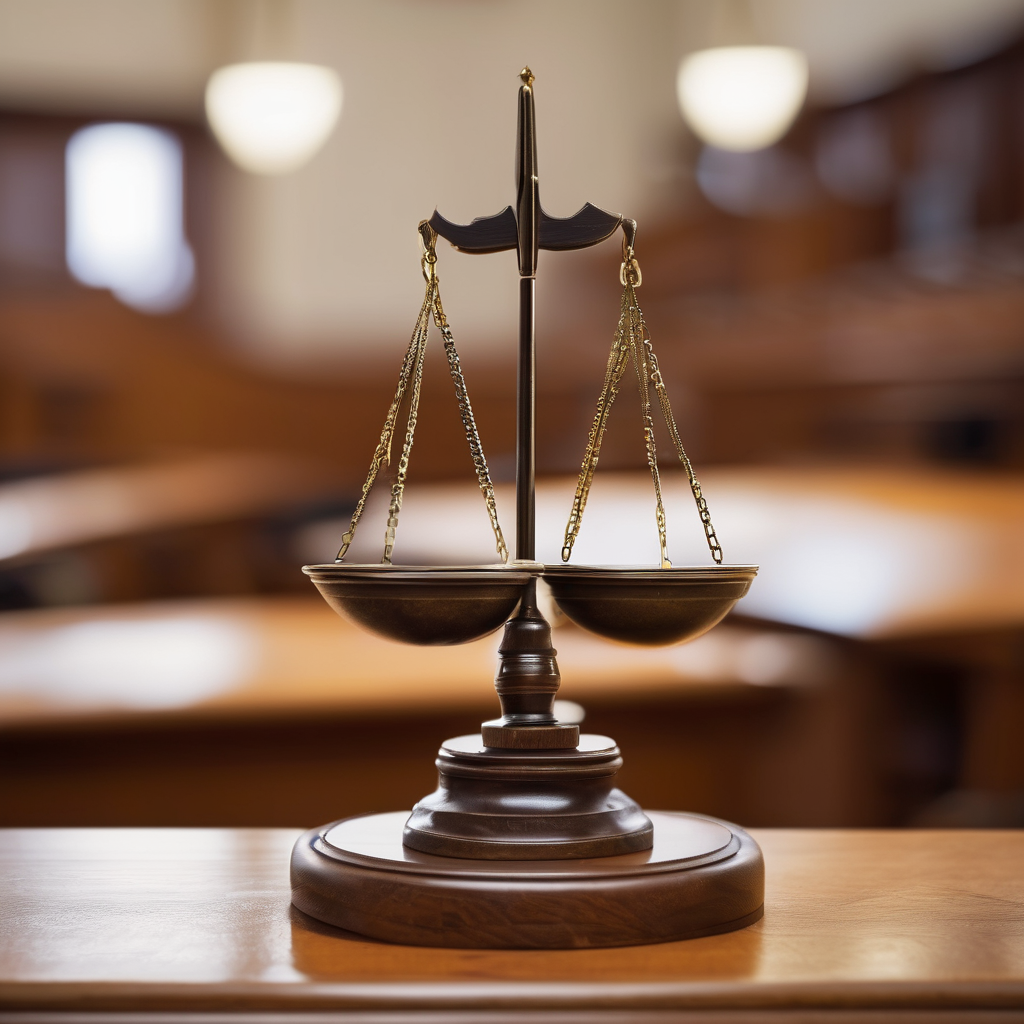A national assessment of Fiji’s law and justice sector has revealed concerning statistics, showing that 87 percent of Fijians face significant barriers in accessing formal legal remedies. This issue stems from high costs, complicated procedures, and outdated legal frameworks. Acting Attorney-General Siromi Turaga shared the insights from the Functional Status of Fiji’s Law and Justice Sector Report in Parliament, drawing attention to systemic challenges that hinder the effectiveness and accessibility of the justice system in the country.
The report highlights serious deficiencies in the legal structure, including “structural fragmentation and unclear mandates.” It points out inefficiencies within the judiciary, insufficient infrastructure, limited resources, and a lack of community involvement. Mr. Turaga underscored that many laws in Fiji still derive from a legal framework established in 1879, which contributes to a disjointed legal operation akin to a “silos syndrome” that has been ongoing for years.
Despite these challenges, Mr. Turaga remarked on the resilience evident within the justice sector, praising the dedication and integrity of its workforce. The government is taking steps to address these issues through a Cabinet-endorsed roadmap, which translates the report’s findings into seven actionable reform pillars. This initiative aims to modernize the justice system and improve access for the public, with an emphasis on ensuring that Fijians feel respected, protected, and heard in their interactions with justice entities.
The launch of Fiji’s first Law and Justice Sector Reform Roadmap for 2025–2029 took place during the inaugural Justice Summit in Nadi, which included participation from various stakeholders, such as representatives from the judiciary, law enforcement, and civil society. The summit was also supported by international partners like DFAT, UNDP, and the European Union, reinforcing a commitment to rebuild public trust and foster collaboration across the justice system.
Mr. Turaga described the report’s findings as “sobering and hopeful,” emphasizing that meaningful reform necessitates ongoing effort and partnerships. He urged faith in Fiji’s institutions and the collective resilience of its citizens.
In contrast, Opposition MP Faiyaz Koya highlighted the importance of preserving judicial independence while executing the reform roadmap. He expressed concern over the absence of the Standing Committee on Justice, Law, and Human Rights from the summit, noting that their participation could have contributed positively to the discussions on reform.
As Fiji embarks on this transformative journey to revolutionize its justice system, there is a palpable sense of optimism. By tackling these entrenched shortcomings and nurturing an environment conducive to dialogue and reform, Fiji is poised to establish a more accessible, efficient, and equitable legal system for all its citizens.
